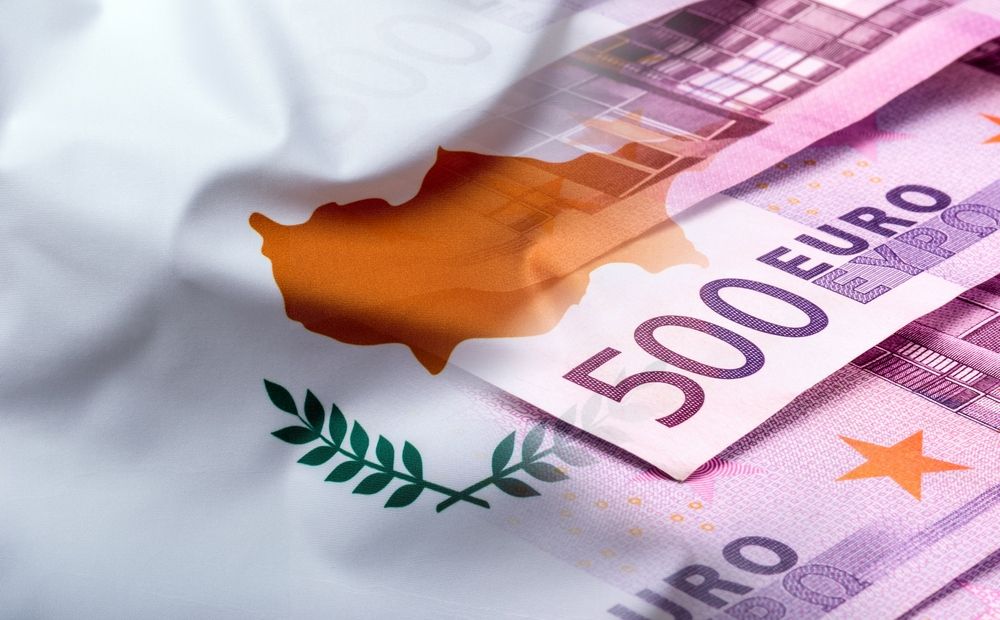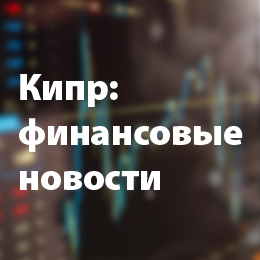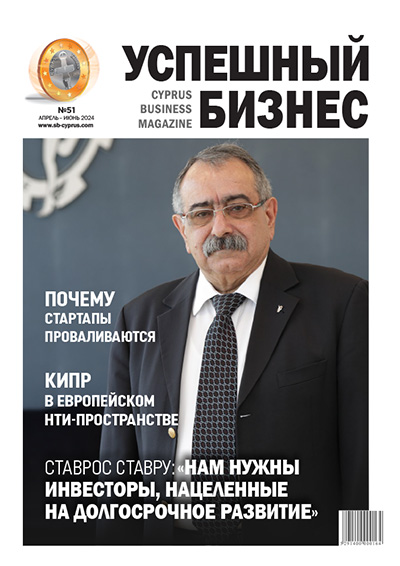The future of the global and Cyprus’ economy was the first topic at the opening session of the Best Invest Congress at Limassol’s Four Seasons Hotel.
The keynote address opening the Congress dealt with recent developments in the Cyprus’ and global economy and was delivered by Evgenios Evgeniou, Chairman of Invest Cyprus.
Highlighting the current difficulties of the global economy, Evgeniou declared that Cyprus «is again proving to be resilient».
Despite the impact of the pandemic and the war in Ukraine on «vital sectors of the country’s economy such as tourism, retailing and professional services the expectations remain favourable for a significant economic growth in 2022 and 2023» he said.
He noted that the IMF had upgraded its forecast on the growth rate of the Cypriot economy in 2022 to 3.5 per cent from the 2.1 per cent that had been expected a few months earlier, adding that it had downgraded its 2023 estimate from 3.5 to 2.5 per cent.
«Personally I remain optimistic that the growth rating for Cyprus in 2023 will be higher than the current IMF estimate» he commented. He pointed out that international rating agencies recently upgraded «our economy’s outlook based on the resilience» shown to date.
«Apart from prudent and targetted fiscal policies, a resilient financial system, an adaptive tourist sector, the foreign direct investments are also of paramount importance for Cyprus,» he said.
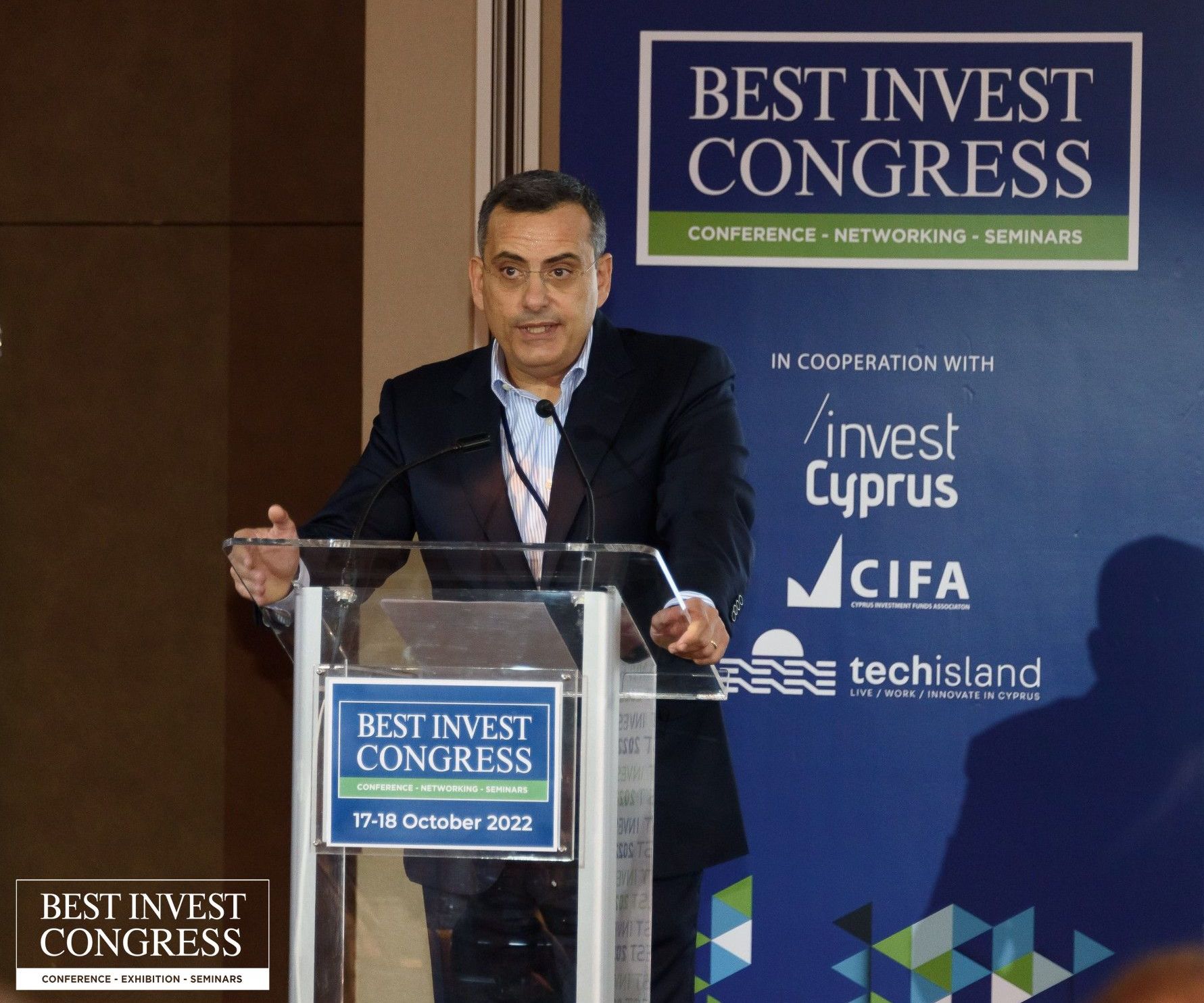
Evgenios Evgeniou, Chairman of Invest Cyprus. Photo: Successful Business
In an address entitled «The New Normal: Managing in an Age of Continual Crises and Instability», the co-founder of the Navigator Consulting Group Philip Ammerman offered a visionary analysis of the current situation with regard to Cyprus.
Ammerman, who is himself an investor in the island, made clear that while his remarks focused on market instability, that wasn’t «necesarily negative», although it could be negative «for companies who are not prepared to adapt to it».
Ammerman spoke of how «in the ‘Old Normal’ we had this concept that in the business cycle we have about six decades of positive GDP growth, followed by two to three years of recession; then the cycle resets and growth restarts».
Since Cyprus joined the EU and the «tremendous wave» of technology changes taking place from about 2000 onwards meant that «we are in something of a ‘New Normal’», he asserted.
«What we are seeing now and [will see] in the future, both in small economies like Cyprus and larger economies like the United States, is that this is really the change point in the international economy and in our technology and that this fundamental change will last to at least 2040 and that it is going to be characterised by fundamental instability and volitility.»
The salient question that he and many other analysts are asking is what is going to be the role of a nation state in an economy that is increasingly global», where the yields are increasingly shared by a relatively smaller group of beneficiaries.
He was certain that the changes «we are going to see until 2030 or 2040 would be unlike anything we have seen in our history».
Examples he cited included fundamental climate changes and technologies that would alter the human life cycle, such as gene splicing. This would be fundamental «to every issue of how our society and economy is organised».
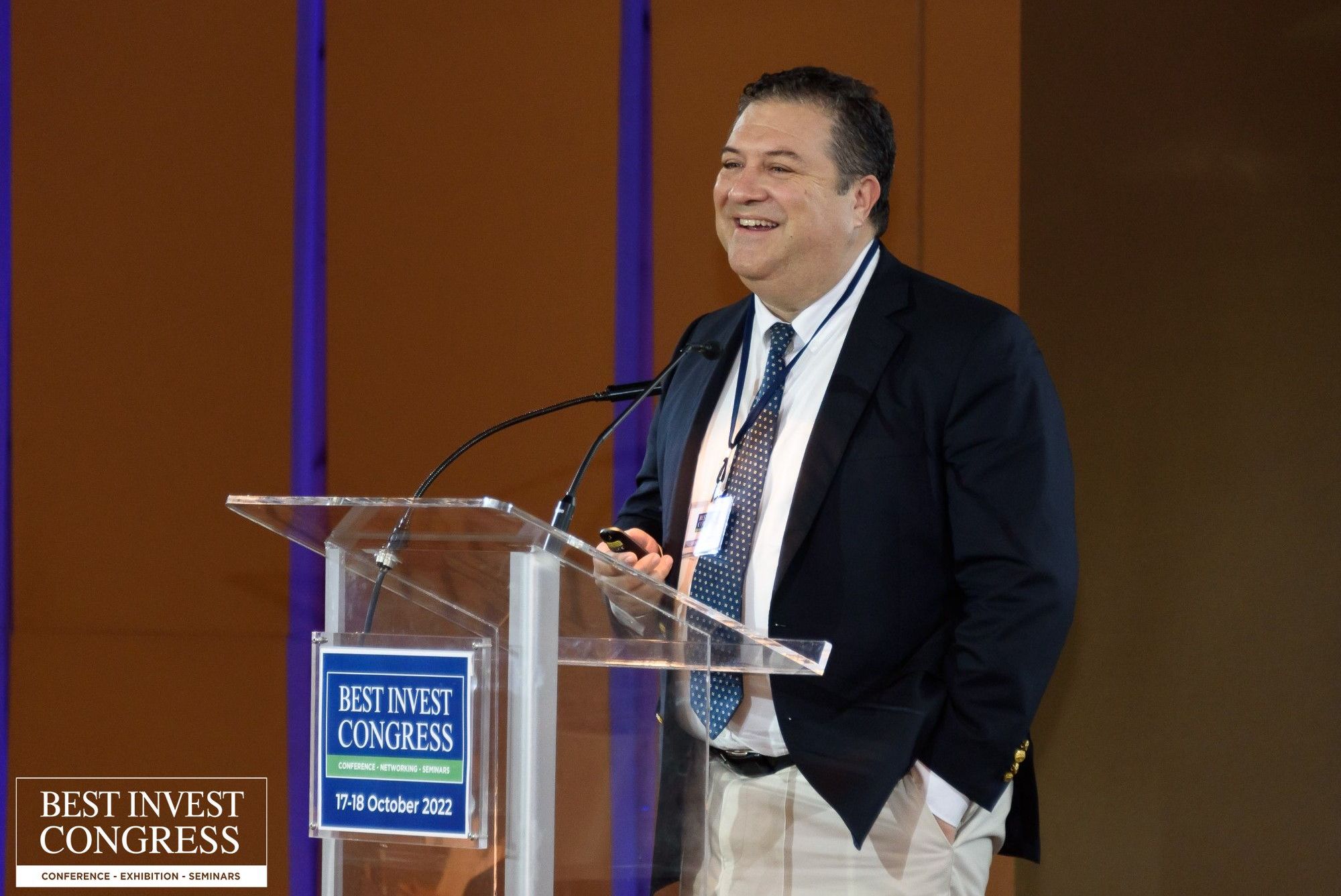
Philip Ammerman, the co-founder of the Navigator Consulting Group. Photo: Successful Business
